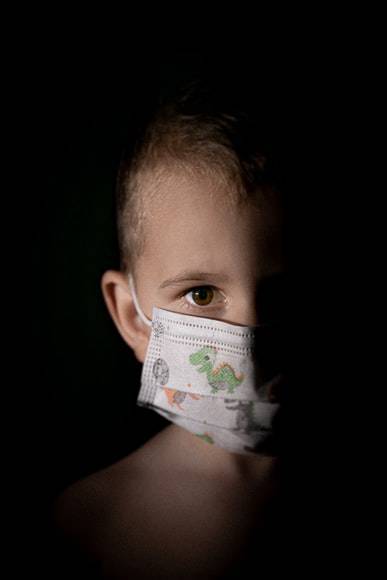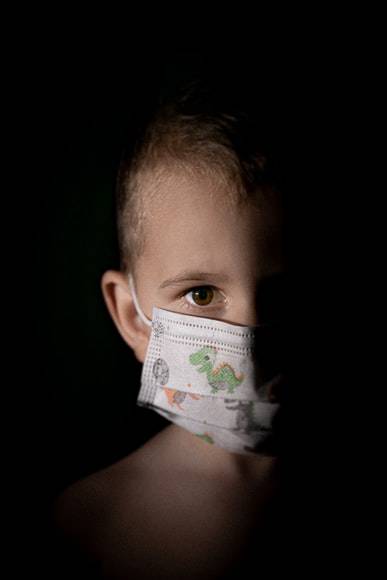Children have become increasingly at risk amid rising COVID-19 cases, according to the daily statement from the Egyptian Ministry of Health. The risk of children contracting the coronavirus has increased with the emergence of the rapidly spreading Omicron variant, which shares symptoms similar to the flu. Here, "Al-Masry Al-Youm" reviews the symptoms of the variant in children, indicators of danger, and ways to protect them from infection, based on advice from doctors at OU Health.
Dr. Stephanie DeLeon, director of Oklahoma Children's Hospital, stated that children typically experience a sore throat, and some may have a runny nose or mild congestion, along with significant fatigue. She added that they may have a mild cough or headache, but unlike some previous strains, there is no loss of taste or smell.
Furthermore, doctors have observed young children suffering from croup, characterized by a barking cough and difficulty breathing. The children most at risk for complications are those with lung or heart diseases, immune disorders, or who are overweight. It is recommended that fever-reducing medications be given, and fluids should be offered to ensure the child remains hydrated, even if they are not hungry or thirsty.
**When to Head to the Emergency Room**
There are certain symptoms that warrant a visit to the emergency room, such as signs of difficulty breathing, which may appear as rapid breathing, rib retraction, or the use of neck and chest muscles to breathe, according to Dr. Stephanie DeLeon. She also indicated that dehydration is a sign that a child may need emergency care, which can be observed if the child has no tears when crying or if they have changed only one or two diapers in a 12 to 15 hour period while wearing diapers.
**How to Protect Your Child from Contracting Omicron?**
Dr. Amy Medelman, a physician at Oklahoma Children's Hospital, explained that wearing masks and handwashing are key to controlling the disease. Additionally, minimizing interactions with others, shortening the duration of interactions, and postponing group activities for children until conditions stabilize are also advised, as Omicron spreads incredibly fast, according to Janine MacKready, an infectious disease specialist in Toronto.
Parents should also prepare for potential illness by keeping some supplies on hand to manage symptoms of the virus at home. This includes having medications to keep children hydrated, fever reducers, and using honey for children over one year old if they experience a sore throat, while avoiding throat lozenges.




